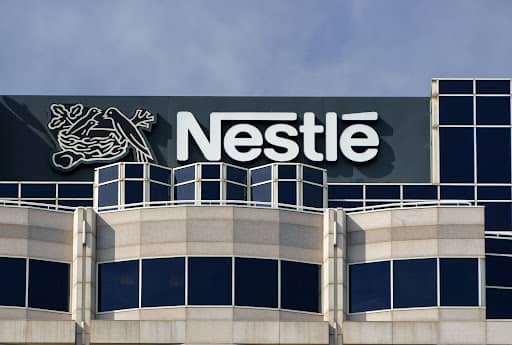
According to a sugar-index ranking prepared by the Swiss-based NGO Public Eye and International Baby Food Action, Nestle’s baby food products, which are manufactured in India, Latin America, and Africa, contain more sugar than their counterparts manufactured in European markets. The study which conducted Nestel´s products verification in laboratory situated in Belgium and tested over 150 baby products from different countries, was a careful research.
The statement lays a new fact in the cradle: Cerelac baby food in UK countries and Germany does not contain added sugars as it does in India, with 2.7 grams per serving. On ‘Ethiopia and Thailand’, the sugar content is 5.85 grams. Responding to the consumer complaint, Nestle India says that they have reduced added sugar levels by 30% in their portfolio of infant cereals in the last five years and yet maintained the leading edge of product quality.
Arun Gupta, chairman of the Breastfeeding Promotion Network of India, takes the trouble to reveal his worry; he emphasizes that children under two must never consume additional salt or sugar since this makes non-communicable diseases and obesity possible. According to Gupta, it would be dangerous if Indian regulatory authorities encouraged infant foods to be sweetened or salted as they are processed.
WHO issues a warning on added sugars or sweetening agents in the food of infants under three to prevent obesity and chronic diseases. WHO highlights that sugary snacks for babies can set a pattern of addictive eating and extra sugar seeking right from their first months on earth. They emphasize mandatory restrictions on sugary foods for kids and adults.
Conflicts in sugar content and inequality in marketing have led to many questions about regulations on double standards. Critical thinkers stress that when kids in developing nations consume a snack with a higher sugar content, they should not be exposed to such. The report suggests the need for more transparency in the baby food industry and highlights the value of jerk perishable nutrients in children’s food from the local area.



